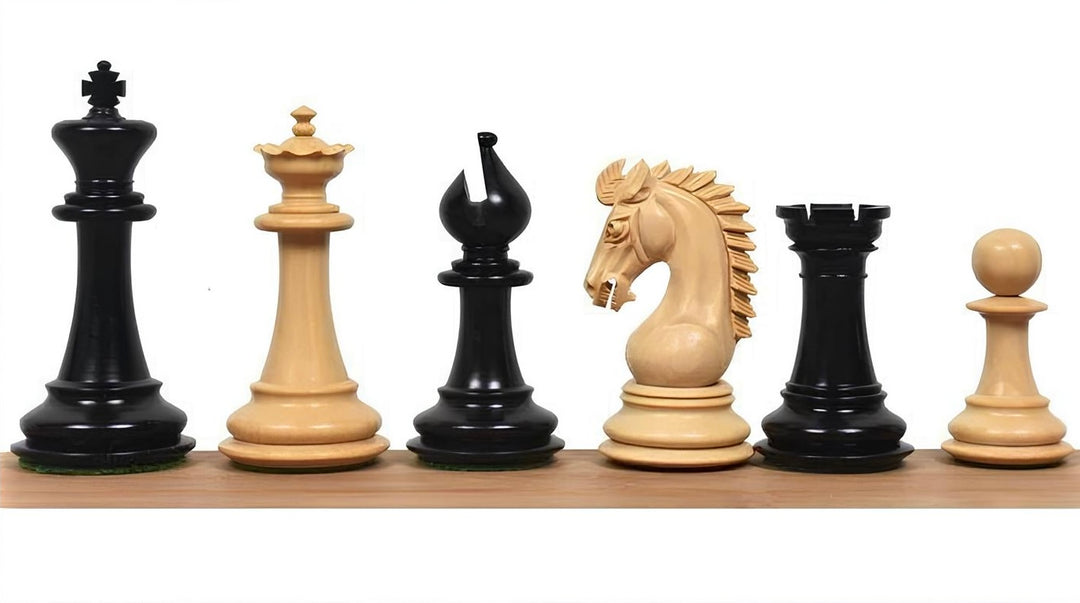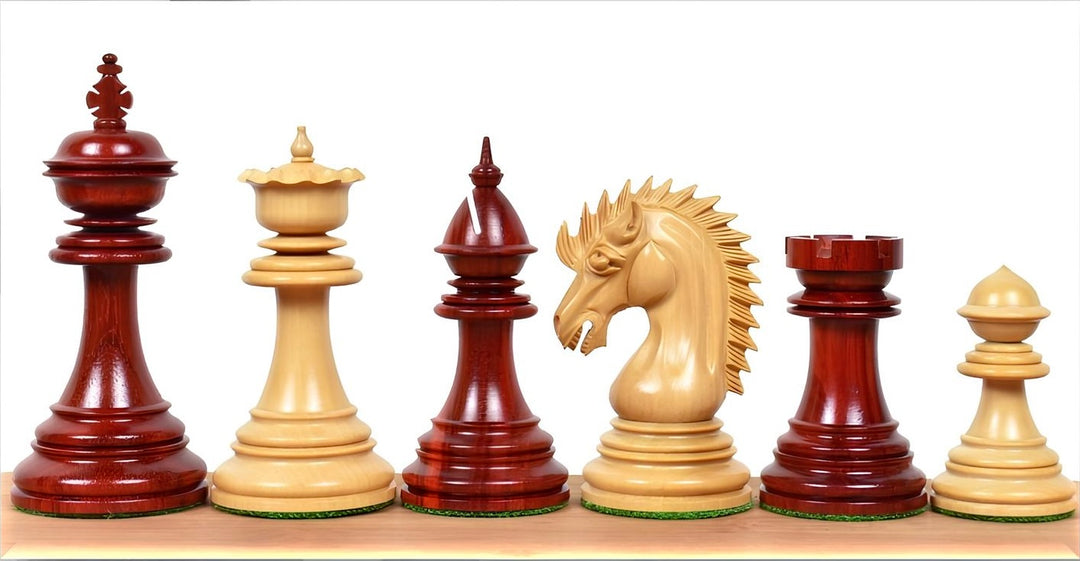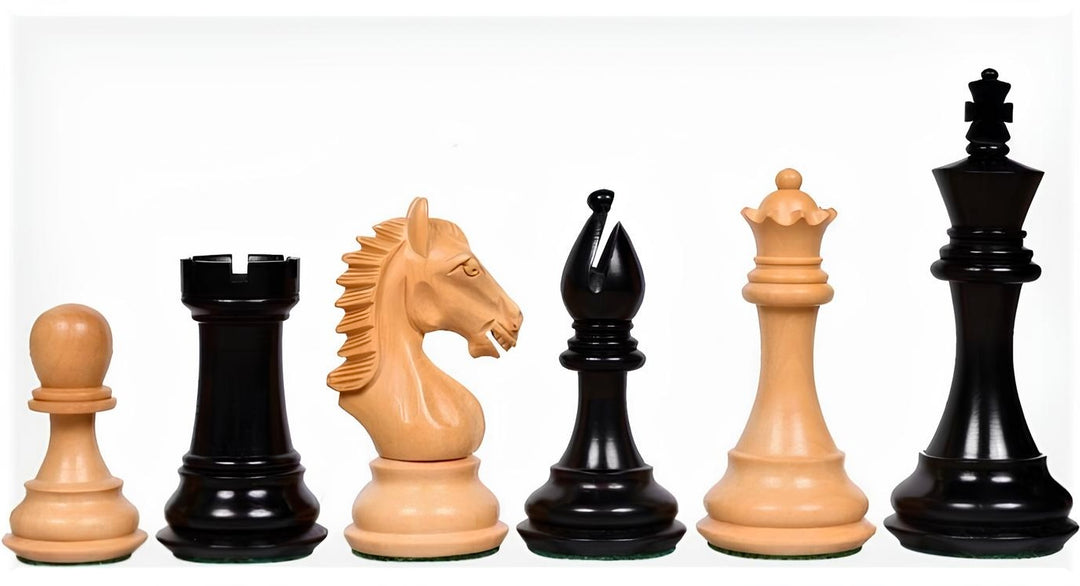Introduction to Chess Pieces Value
Chess is a strategic board game that involves a deep understanding of the value and power of each piece. The pieces, each with unique movements and roles, are critical in formulating strategies that can lead to victory. This article delves into the relative value of chess pieces, exploring their importance in the game's context and offering insights on how they can be effectively utilized.
Understanding the Point System
In chess, the value of each piece is commonly expressed in a point system. This system helps players assess the relative strength and potential loss or gain during the exchange of pieces on the board. The basic point system is as follows:
- Pawn - 1 point
- Knight - 3 points
- Bishop - 3 points
- Rook - 5 points
- Queen - 9 points
Role and Value of Each Chess Piece
Each chess piece has distinct movements and strategic importance, affecting their utility and value throughout the game.
Pawns: The Foot Soldiers
Pawns are often considered the least powerful pieces on the board but hold significant strategic value due to their ability to be promoted to any other piece upon reaching the opponent's back rank. Their slow, plodding movement is offset by their potential to change the dynamics of the game profoundly.
Knights: The Unique Jumper
Knights are valued for their ability to jump over other pieces and their unique movement in an L-shape. This enables them to control or threaten multiple squares and create opportunities that other pieces cannot. They are particularly potent in closed positions where their ability to navigate cluttered boards becomes crucial.
Bishops: The Long-Distance Diagonal Movers
Bishops operate along the diagonals of the board. Their range and ability to control long diagonals can become a significant force. In open positions, they are extremely powerful. The value of bishops can increase further when they are paired, covering both color complexes on the board.
Rooks: The Straight Line Powerhouses
Rooks are most powerful along open files and ranks, with their ability to control critical areas of the board and participate in both offense and defense. They are integral to castling, a key defensive maneuver. In the endgame, their strength increases as they help in promoting pawns by supporting them from behind.
Queen: The Most Versatile and Powerful
The queen combines the power of a rook and bishop, making her the most powerful piece on the board. Her versatility in movement and capture ability makes her pivotal for mounting attacks and controlling large portions of the board. However, her high value also makes her a prime target for opposition traps.
The King: The Priceless Piece
The primary objective in chess is the safety of the king, making it the most important piece of all. The king has limited mobility but becomes a strong piece in the endgame where its ability to move in any direction can be utilized to secure positional advantages and checkmate the opponent.
Strategic Considerations
Understanding the value of pieces in chess is crucial, but knowing when to deviate from these general principles based on the game's position is equally important. Sacrifices, for instance, might often be necessary to gain a tactical or positional advantage. The structure of the game, the piece's placement, and the opponent's setup and strategy influence the actual power and utility of each piece in various phases of the game.
Conclusion
While the point system provides a framework for understanding the basic value of pieces in chess, many other factors, such as position, coordination among pieces, and the game's phase, play critical roles in their practical strength. Mastering chess requires not only understanding what each piece is worth individually but also how their values change over the course of a game.
Explore our large collection of luxurious chess sets!


















































Leave a comment